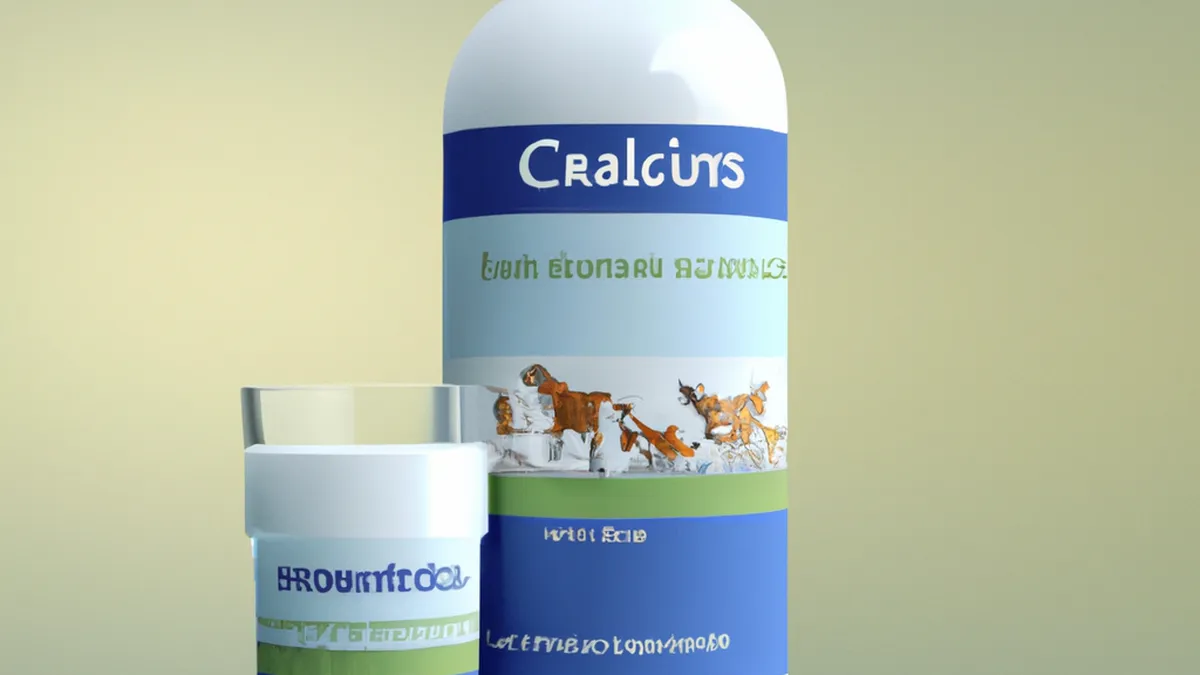Conquer Altitude with Strategic Nutritional Shifts
Nutritional Adjustments for Altitude Training Effects
As an Amazon Associate I earn from qualifying purchases.
Gear tip: consider protein powder, shaker bottle and electrolyte mix to support this workout.
Altitude training enhances athletes’ performance by improving oxygen utilization. Training at high elevations increases endurance and stamina. To maximize altitude training benefits, adjust your nutrition accordingly. Proper nutrition helps you manage challenges like decreased oxygen and potential altitude sickness. This article explores tips and benefits of nutritional adjustments for altitude training.
Understanding Altitude Training
Training at high altitudes exposes you to less oxygen than at sea level. This reduced oxygen forces your body to work harder for energy. Your body adapts by increasing red blood cell production, improving oxygen transport. However, this adaptation can cause fatigue, decreased performance, and altitude sickness without proper preparation.
Focusing on nutrition helps your body cope with these challenges and maximizes altitude training benefits. The right dietary choices support adaptations, enhance performance, and speed recovery.
Key Nutritional Adjustments
1. Increase Your Carbohydrate Intake
Carbohydrates serve as the primary energy source for athletes during intense workouts. At higher elevations, your body burns more carbohydrates than fat due to increased energy demands. Increase your carbohydrate intake to fuel your workouts effectively. Include complex carbohydrates from whole grains, fruits, and vegetables. Foods like quinoa, brown rice, sweet potatoes, and oats provide sustained energy for high-altitude training.
2. Stay Hydrated
Hydration plays a critical role in altitude training. Drier air at higher elevations leads to increased fluid loss through respiration and sweat. Proper hydration maintains optimal performance and prevents dehydration-related fatigue. Drink plenty of water before, during, and after workouts. Consider electrolyte drinks to replenish lost minerals like sodium, potassium, and magnesium. These electrolytes support muscle function and hydration, keeping you energized during training.
3. Enhance Your Iron Levels
Iron plays a crucial role in oxygen transport within the body. At high altitudes, your body requires more iron due to increased red blood cell production. Incorporate iron-rich foods into your diet, such as lean red meat, poultry, fish, beans, lentils, spinach, and fortified cereals. If you suspect iron deficiency, consult a healthcare professional about supplements, especially if you experience fatigue or decreased performance.
Conclusion
Adjusting your nutrition can significantly enhance the benefits of altitude training. Focus on carbohydrates, hydration, and iron levels to improve your performance.
Below are related products based on this post:
FAQ
What are the main nutritional adjustments needed for altitude training?
To maximize the benefits of altitude training, focus on increasing your carbohydrate intake, staying hydrated, and enhancing your iron levels. Carbohydrates provide essential energy, hydration prevents fatigue, and iron supports oxygen transport in the body.
Why is hydration particularly important during altitude training?
Hydration is critical at high altitudes due to drier air, which leads to increased fluid loss through respiration and sweat. Proper hydration helps maintain optimal performance and prevents dehydration-related fatigue, ensuring that you remain energized during your workouts.
How can I ensure adequate iron levels while training at altitude?
Incorporate iron-rich foods into your diet, such as lean red meat, poultry, fish, beans, lentils, spinach, and fortified cereals. If you suspect an iron deficiency or experience symptoms like fatigue, consult a healthcare professional about the possibility of supplements.















Post Comment